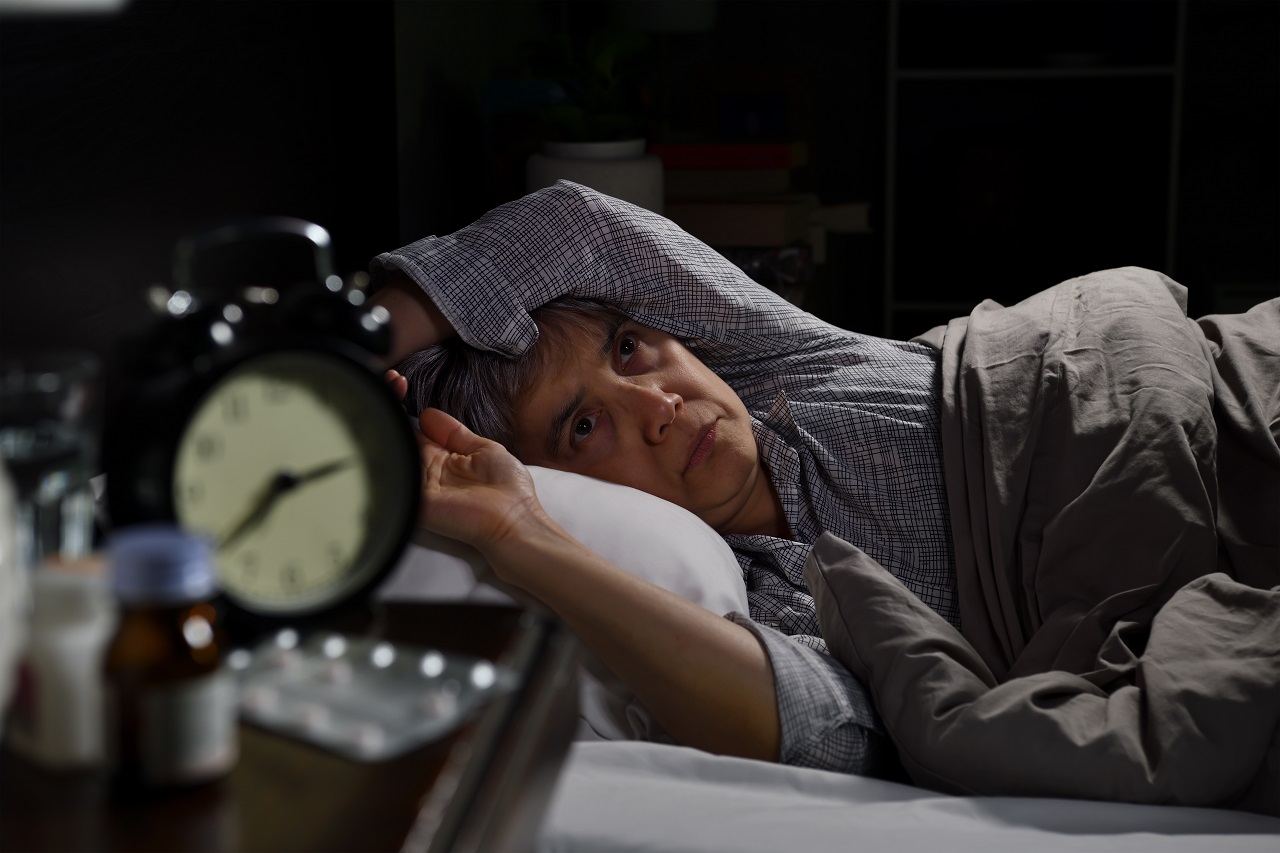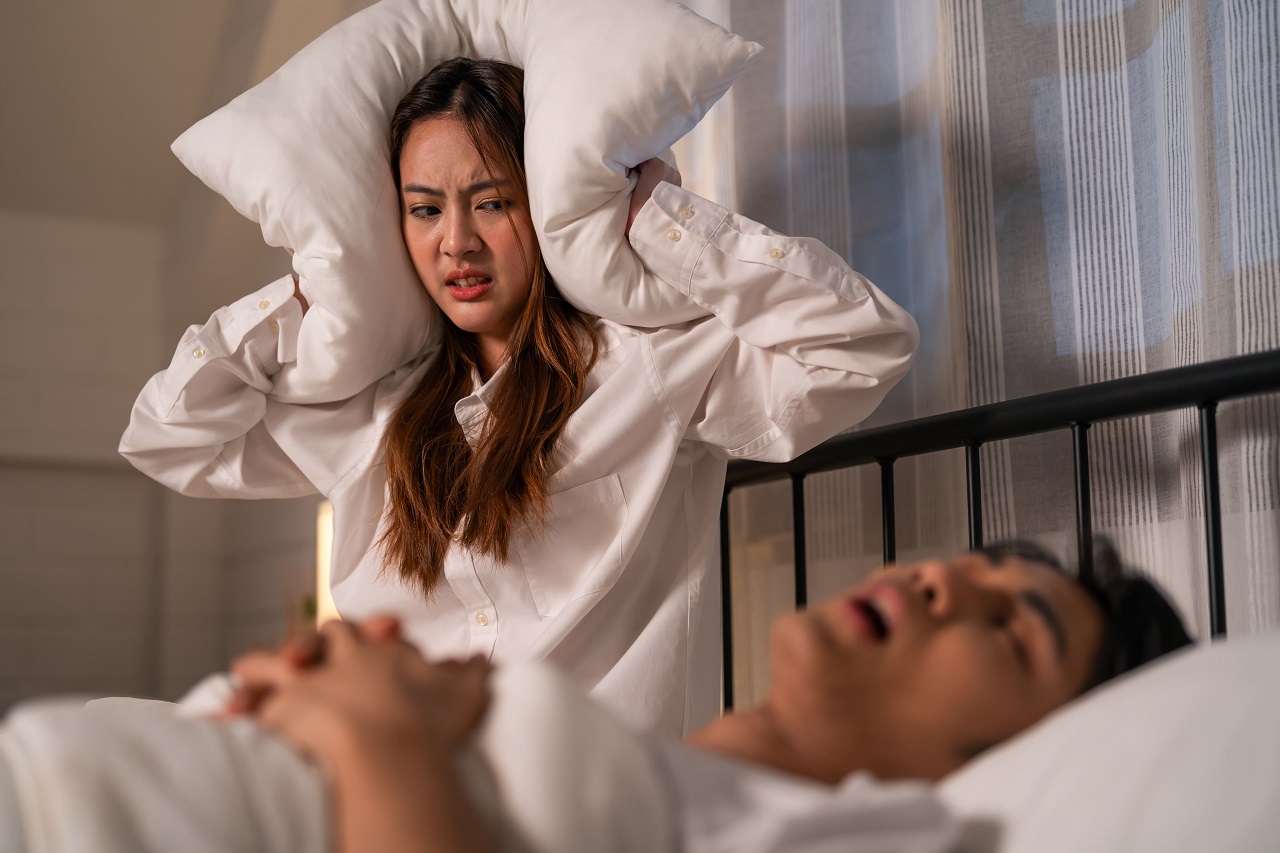Sleep disorders are a group of conditions that affect the quality, timing, and duration of sleep. There are various types of sleep disorders, including insomnia, sleep apnea, hypersomnia, parasomnia, and problems with circadian rhythm. Sleep apnea, a condition where breathing repeatedly stops and starts during sleep, has a high probability of occurrence in 13.7% of the Turkish adult population. The prevalence of sleep disorders in Turkey is significant, and it is essential to understand the causes and symptoms of these conditions.
The causes of sleep disorders can vary from lifestyle factors to underlying medical conditions. Psychological distress, characterized by depression and anxiety, is a common cause of sleep disorders.
Other causes of sleep disorders include:
- Chronic pain
- Neurological disorders
- Respiratory disorders
- Medications
- Substance abuse
Symptoms of sleep disorders can also vary, but common signs include:
- Difficulty falling asleep or staying asleep
- Excessive daytime sleepiness
- Loud snoring
- Gasping or choking during sleep
- Restless leg syndrome
- Nightmares or night terrors
It is essential to recognize these symptoms and seek medical attention to receive proper diagnosis and treatment.
There are various treatment options available for sleep disorders, ranging from lifestyle changes to medical interventions. Lifestyle changes, such as maintaining a regular sleep schedule, avoiding caffeine and alcohol, and engaging in regular exercise, can improve sleep quality. Positional treatment, oral appliances, and surgical treatment are other options for sleep disorders, depending on the underlying cause. The treatment of sleep apnea, for example, often requires a multi-pronged approach, including lifestyle modifications, continuous positive airway pressure (CPAP) therapy, and surgical intervention. It is essential to consult with a healthcare professional to determine the best treatment plan for each individual. Overall, recognizing the prevalence, causes, and symptoms of sleep disorders is critical in promoting better sleep health and overall well-being.
Treatment Options for Sleep Disorders

Lifestyle changes and sleep hygiene practices are often the first line of defense in treating sleep disorders.
- These changes may include:
- Establishing a regular sleep schedule
- Creating a relaxing sleep environment
- Avoiding caffeine and alcohol before bedtime
- Engaging in regular exercise
- Limiting exposure to electronic devices before bedtime
These lifestyle changes can improve sleep quality and quantity, particularly in cases where sleep disturbances are mild or related to poor sleep habits. In a study conducted in Turkey, it was found that poor sleep quality was prevalent among older adults with hypertension, highlighting the importance of lifestyle changes in managing sleep disorders.
Medications are another treatment option for sleep disorders, particularly for those with more severe or chronic sleep disturbances. However, the use of medication should be carefully monitored, as many sleep aids can be habit-forming and lead to dependence. In addition, certain medications may have adverse side effects or interact with other medications. It is important to consult with a healthcare provider before beginning any medication for sleep disorders.
Therapy and cognitive behavioral treatments are also effective in treating sleep disordera. Cognitive Behavioral Therapy (CBT) is a comprehensive treatment that targets thoughts, behaviors, and unhealthy habits that may contribute to sleep disturbances. In a study conducted in Turkey, CBT was found to be effective in reducing pain severity, migraine attack frequency, and disability in patients with refractory chronic migraine. Other forms of therapy, such as group therapy and psychoeducation practices, have also shown promise in treating sleep disorders. These approaches can be particularly beneficial for individuals with underlying psychological conditions that may be contributing to their sleep disturbances.
Sleep Disorder Clinics and Resources in Turkey

Turkey has several hospitals and medical centers that specialize in sleep disorders, particularly in major cities such as Istanbul, Ankara, and Antalya. These hospitals and clinics are staffed by sleep disorder specialists who are equipped to diagnose and treat a range of sleep disorders, including insomnia, sleep apnea, and restless leg syndrome. Some of the top hospitals for sleep disorders in Turkey include Liv Hospital and Acibadem Hospital. These hospitals offer state-of-the-art facilities and cutting-edge treatments to help patients manage their sleep disorders effectively.
In addition to hospitals and clinics, there are also several sleep disorder support groups and resources available in Turkey. These resources can provide valuable information and assistance to individuals struggling with sleep disorders, including access to counseling, peer support, and educational materials. For example, the PD Library offers a wealth of resources on sleep disorders, including information on treatment options and coping strategies. Additionally, there are helplines available for individuals who need immediate support or assistance.
While there are many resources available for individuals with sleep disorders in Turkey, the availability and accessibility of treatments can vary depending on factors such as location and cost. However, management of sleep disturbances should focus on treatment of problems such as falling asleep and staying asleep.
Recent studies have shown that poor sleep quality can have a negative impact on mental health.To address these issues, it is important for individuals to seek out the appropriate resources and support to manage their sleep disorders effectively.









